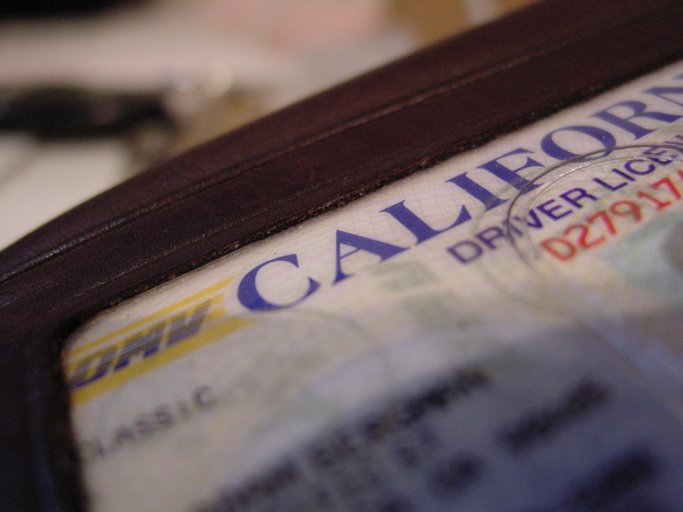Employers obviously want employees to be able to get to work reliably and on time. So, can an employer require employees to have their own driver’s license or car?

The short answer: maybe. The longer answer: If you opt to do this, be very careful, and be aware of the risks.
Generally speaking, an employer is probably within its rights to require an employee to have a valid driver’s license simply because there’s no law that prohibits it outright. However, doing so is not without major risks of appearing to be discriminatory. It may be an ill-advised decision for that reason.
The Risks
One of the risks is that it may discourage those with disabilities from applying for the job. Some disabilities may preclude having a driver’s license but may not mean someone cannot perform the job.
Excluding these individuals too early in the screening process may mean you’re discriminating against individuals with disabilities inadvertently. This could end up being an Americans with Disabilities Act (ADA) discrimination issue unless the requirement to drive is an essential function of the job itself.
The next risk also relates to discrimination, but it comes from the idea of disparate impact. Some protected classes are more likely not to have gotten a driver’s license or to have had their license revoked.
By having a blanket requirement of a driver’s license without it being an essential function of the job, the employer risks creating a disparate impact for these groups, thus creating inadvertent discrimination. Here are a couple examples of when disparate impact may apply:
- Applicants who are foreign-born may have more requirements to get a local license and thus more difficulty with this. But denying them the ability to apply may appear to be national origin discrimination.
- Applicants whose licenses have been revoked for past offenses are more likely to be in a protected class.
Note that, of course, for any job in which driving is an essential function to perform the job itself, that is an entirely different situation, and a driver’s license requirement is reasonable.
Alternatives for Employers
What should an employer that wants to ensure job applicants will reliably be at work on time do?
First, remember there are other ways employees without a license can get to the workplace, such as:
- Rides from others
- Carpooling with other employees or people who work nearby
- Public transportation
- Bicycling or other forms of transport that do not require a license, such as golf carts or scooters in some areas
- Walking
- Taxis or ridesharing services
- Services for their particular needs, such as services available for those who are disabled
Next, rephrase your requirements to address the concern at hand: reliable and timely work attendance. For example, ask questions like:
- Do you have reliable means to get to work on time every workday?
- What has your attendance and punctuality record been with past employers?
These types of questions address the underlying issue without the risk of discrimination against protected classes.
Bridget Miller is a business consultant with a specialized MBA in International Economics and Management, which provides a unique perspective on business challenges. She’s been working in the corporate world for over 15 years, with experience across multiple diverse departments including HR, sales, marketing, IT, commercial development, and training.
